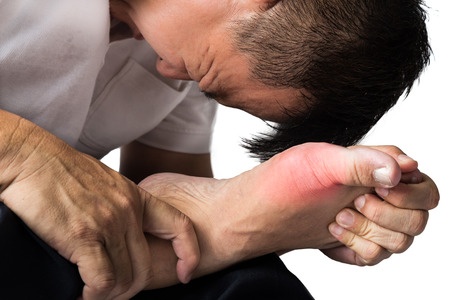The largest, the strongest and the most frequently injured tendon in the body is the Achilles tendon—the long band of tissue that runs down the back of your lower leg, connecting your calf muscle to your heel bone. At First Coast Foot and Ankle Clinic, we treat many patients who suffer from inflammation of this tendon. This condition is known as Achilles tendonitis.
Behind the Pain
Achilles' tendonitis is usually characterized by pain, soreness or aching of the tendon—sometimes to the point where it is difficult to walk. Achilles tendonitis is classified as an overuse injury. The “overuse” however, can happen through a variety of scenarios—some of which are more likely to happen to serious athletes and others to those just starting out. These include:
- Failure to stretch properly and warm up, especially if you have tight calf muscles
- Excessive hill running or stair climbing
- Starting up an exercise or fitness regimen too quickly after a long period of inactivity
- Increasing your speed or the distance you walk, jog or run too rapidly
- Injury or trauma caused by a sudden hard contraction of the calf muscle, such as when you push off or sprint
- Wearing inappropriate or improperly fitting footwear
Treatment Options
Our podiatrists, Dr. Vimal A. Reddy and Dr. Jeffrey Brimmer, will evaluate your Achilles tendon and determine the extent and cause of the damage. Depending on the severity of the condition, treatment may include:
- Nonsteroidal anti-inflammatory medication
- Bandage for the leg designed to limit motion of the tendon
- Custom orthotics for your shoes to relieve strain to the tendon and boost muscle support
- Stretching exercises for calf muscles
- Rest and/or switching to activities that do not stress the tendon
If your Achilles tendon is bothering you, make an appointment at our Duval County office by calling 904-739-9129. Delaying treatment can result in injury to the tendon that may require surgery.

Share this article